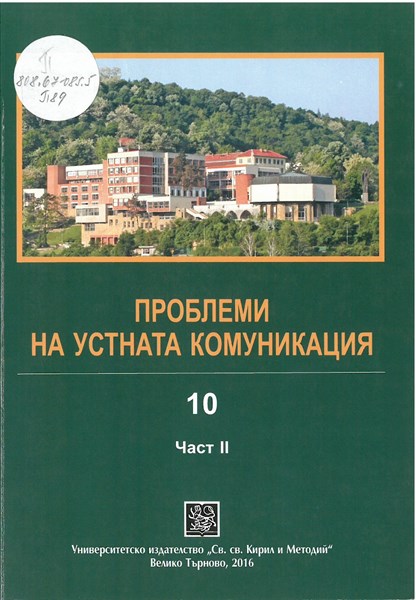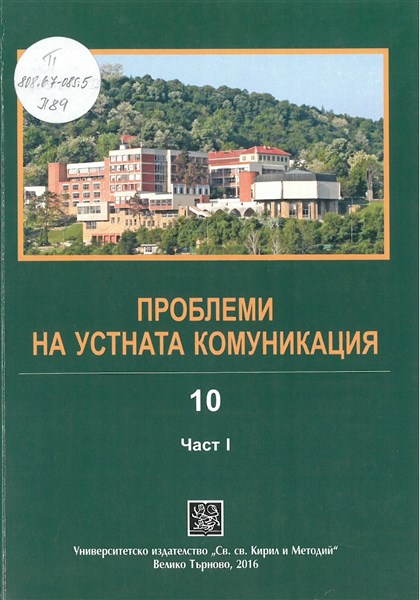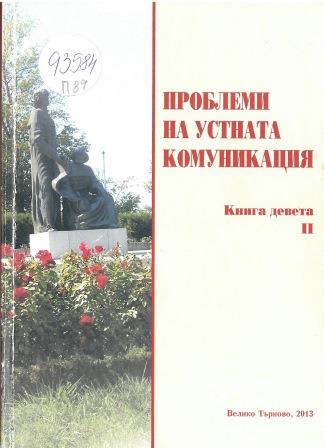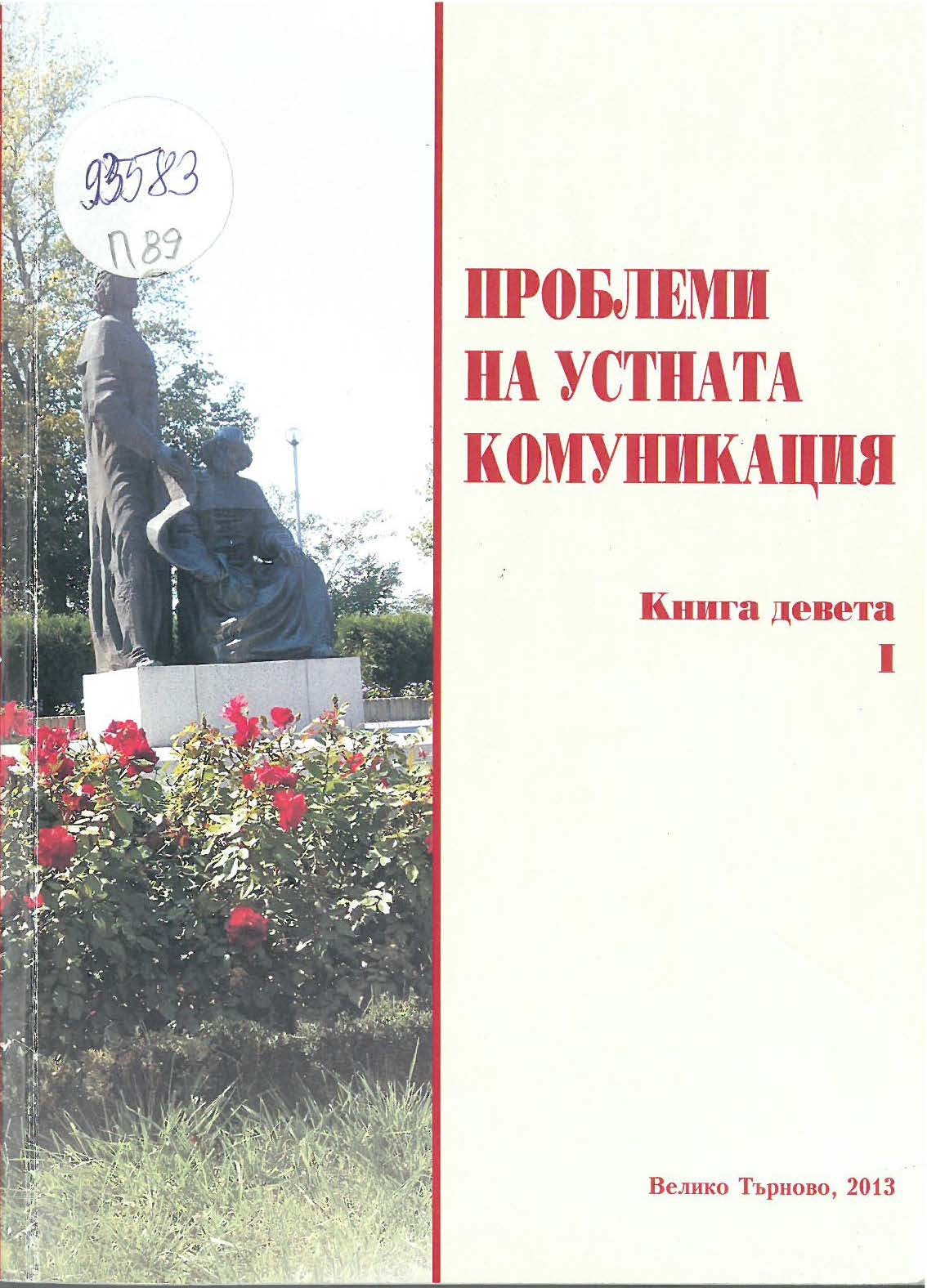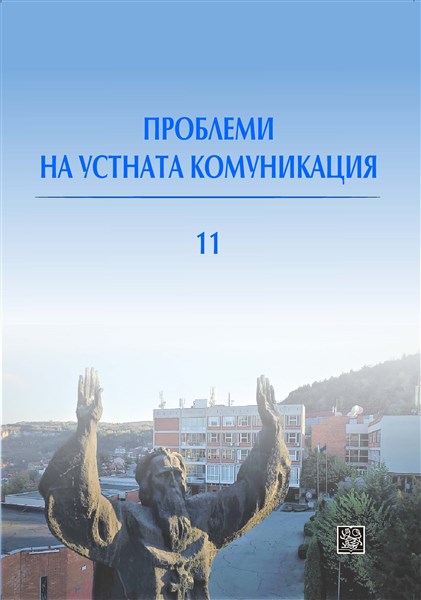
Към въпроса за употребата на каузативни глаголи в интернет
The paper examines verbs, which are commonly used in the language of Internet or in our daily conversations. We differentiate 2 groups: “new” transitive verbs and “ex-reflexive” verbs. Each group is accompanied by formula to visualize the grammatical change and by typical word-forming or semantic model. We analyze different examples from internet sources.
More...
